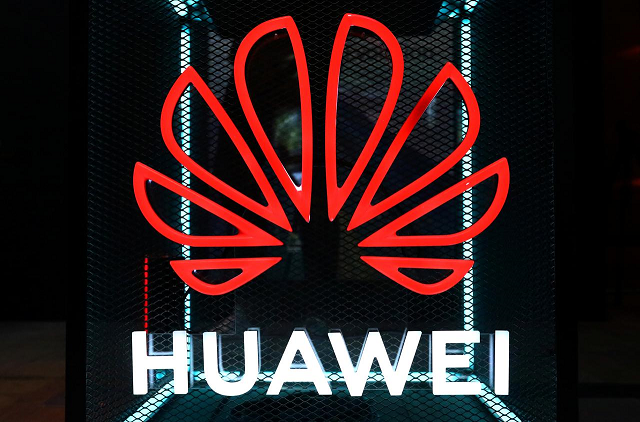Huawei drops lawsuit against US over seized equipment
On suspicion of violations of export controls

The Huawei logo is pictured at the IFA consumer tech fair in Berlin, Germany, September 5, 2019. PHOTO: REUTERS
Huawei, which has been placed on a US trade blacklist since May, had sued the Commerce Department and other US government agencies for seizing its equipment in Alaska in 2017 en route back to China after a lab test in California.
Huawei said the US government returned the equipment in August after confirming no export license was required and it decided to drop the suit.
Despite US ban, Huawei aims to lead tech industry
It said the company was disappointed the US government refused to provide a full explanation of what Huawei calls “arbitrary and unlawful” detention of the equipment for two years.
The fate of Huawei, the world’s largest telecommunications equipment maker and a national icon in China, has become crucial in an escalating trade war between Beijing and Washington.
Huawei still faces multiple criminal charges in the United States for allegedly breaking US export sanctions to countries including Iran. It is trying to challenge its addition to the US National Defense Authorisation Act in an ongoing lawsuit, which it says had restricted its business in the United States “unconstitutionally”.
Huawei first-half revenue up about 30% despite US ban
Washington says the Chinese company’s telecoms gear could be used by Beijing to spy, an allegation Huawei has denied.
The Trump administration added Huawei to the so-called entity list in May, barring it from buying needed US parts and components without US government approval and threatening to disrupt its operations.

















COMMENTS
Comments are moderated and generally will be posted if they are on-topic and not abusive.
For more information, please see our Comments FAQ